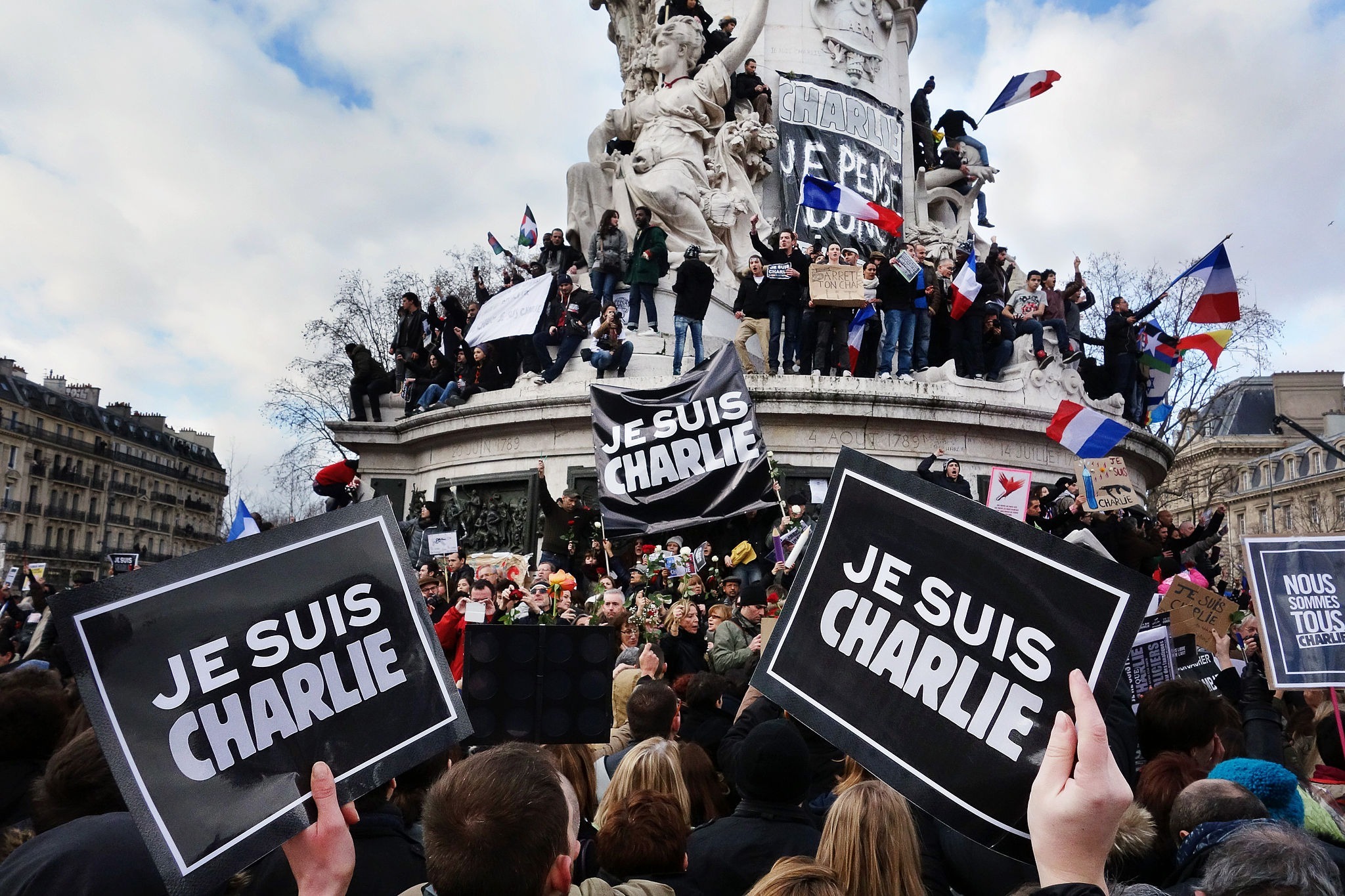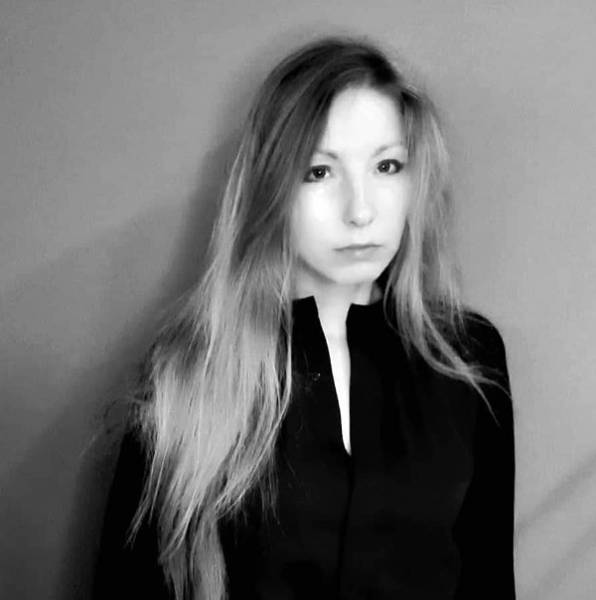
On 2 September, the trial began over the deadly shooting at Charlie Hebdo and related murders at a Kosher supermarket and the killing of a police officer. The attacks sparked a wave of jihadist terrorism across the city. The fourteen suspects are accused of helping t he militant Islamists who shot dead 12 people in and around the office of the satirical magazine, as well as four Jewish people in a hostage situation at the supermarket and a female officer in Montrouge.
The attacks took place five years ago, in January 2015. Now, in the middle of the Covid-19 pandemic, it is time for justice. Like many people across the world, the French are more concerned today about health issues than terrorism. Nevertheless, we have suddenly been pulled back to the first days of that disastrous year.
Those facing justice have more to do with the murders committed by Amédy Coulibaly, the gunman in the supermarket siege and Montrouge, than with the Kouachi brothers who stormed the Charlie Hebdo offices. However, it is first and foremost the memory of the attack on the magazine that this trial revives, due to its symbolic force and the scale of the reaction that it alone triggered on 7 January 2015. To mark the start of the trial on their own terms, the staff at the irreverent, polemical weekly chose to republish the prophet Muhammad cartoons on their front page.
The question, therefore, has resurfaced in France: who is still "Charlie" today? What remains five years later of the slogan "Je Suis Charlie" that was once so ubiquitous on social networks and on the streets?
This is not the first time this question has been asked. In January 2018, a poll was funded by Printemps Républicain, a small political movement founded shortly after the attacks with the aim of defending secularism. They found that the French were "less and less Charlie" and organised an event "Always Charlie" in the Parisian theatre of the Folies Bergères. Since then, France has grown accustomed to the question occupying TV talk shows and the pages of magazines on each anniversary.
But let's be frank: from a sociological point of view, this question makes no sense. The American sociologist Randall Collins, a pioneer in the study of responses to terrorist attacks, was the first to point out that the surge of solidarity following an attack, however huge it may have been, has a relatively short time span: a few months at most. Even in the United States after 9/11, most of the flags displayed in solidarity with the victims had been taken down after nine months. The "Je Suis Charlie" symbol, created on the spot by Joachim Roncin, an art director at a magazine who used the font of Charlie Hebdo's masthead in his simple black and white image, is likewise rare to see in public today.
The "I am Charlie" movement could only have ever been fleeting. This is a hard sociological fact. As I explain in my book Shell Shocked, its near disappearance is perfectly normal. This does not mean that people who demonstrated in support of Charlie Hebdo have disowned their former views, nor that they would be insensitive tomorrow to another attack on journalists. It simply means that they have got on with their lives, without detracting from the intensity of what they felt at the time, in January. One could regret this reality and consider that it is more important than ever today to defend the "Charlie spirit". But this is then something else: a stance that is part of a political battle.
The fact that we are funding pollsters to serve in this battle is no surprise. But as Pierre Bourdieu pointed out in his famous text "Public opinion does not exist", by doing so we are constructing a statistical artefact, unrelated to social reality. In being asked "are you still Charlie?", the French are being confronted with a question they would otherwise never have posed to themselves today, when they have many other concerns, such as going back to school or going back to work in times of pandemic, for example.
If the formula "I am Charlie" was so successful in January 2015, it is because its simplicity made it possible to bring together various feelings about the event, as I wrote about at the time: being Charlie because one was a cartoonist or journalist, because one was a subscriber to the newspaper or an admirer of one of the murdered cartoonists, because one was horrified that journalists could be killed in this way in France, because one suddenly realised how much freedom of expression meant, etc.
When asking today who is still Charlie, one tends on the contrary to narrow the range, linking ‘Charlie’ to a particular political stance, to the "right to blasphemy" and to the defence of French laïcité. Moreover, it is as if today's Charlie Hebdo was exactly the same as yesterday's when its editorial staff has been subject to tensions and its editorial line has evolved, as is the case in the ordinary life of any newspaper. In a democracy, freedom of the press is matched by freedom of its readership. And yet there is always a hint of shaming when we are asked, "so you're not Charlie any more?"
Rather than wondering who is still Charlie, we should probably question the consequences that the recurrence of such a debate has on French society.
One of the great sociological theorems says that when individuals define a situation as real, it is real in its consequences. Let’s transpose this to our present case: however marginal and disconnected a political-media debate may be from social reality, as soon as it meets a certain audience, it has real consequences in society. This is all the more true since the advent of social networks and the current transformation of the mass media favouring what Christopher A. Bail calls the "fringe effect", that leads the most extremist positions on a given subject gradually to win over the heart of a debate, however small the minority of people defending these views may actually be. This is how Islamophobic discourse has gradually become mainstream in the United States after 9/11, although these beliefs were initially held by very small groups.
Awareness of these phenomena, along with the underlying mechanisms, should enable us to avoid getting caught up in them. This is where social sciences can help to better cope with terror attacks and their repercussions, both in the short and long term. Scientific knowledge should help us to know how to avoid falling into the traps set by terrorists, whose primary objective is to weaken the society they are attacking by stirring up divisions and discord. Constantly asking the French if they are 'still Charlie', when moving on is perfectly normal, is putting salt on the wound.

